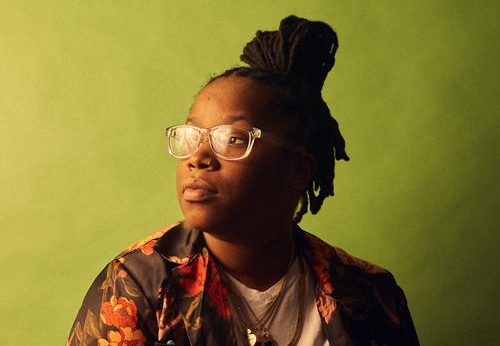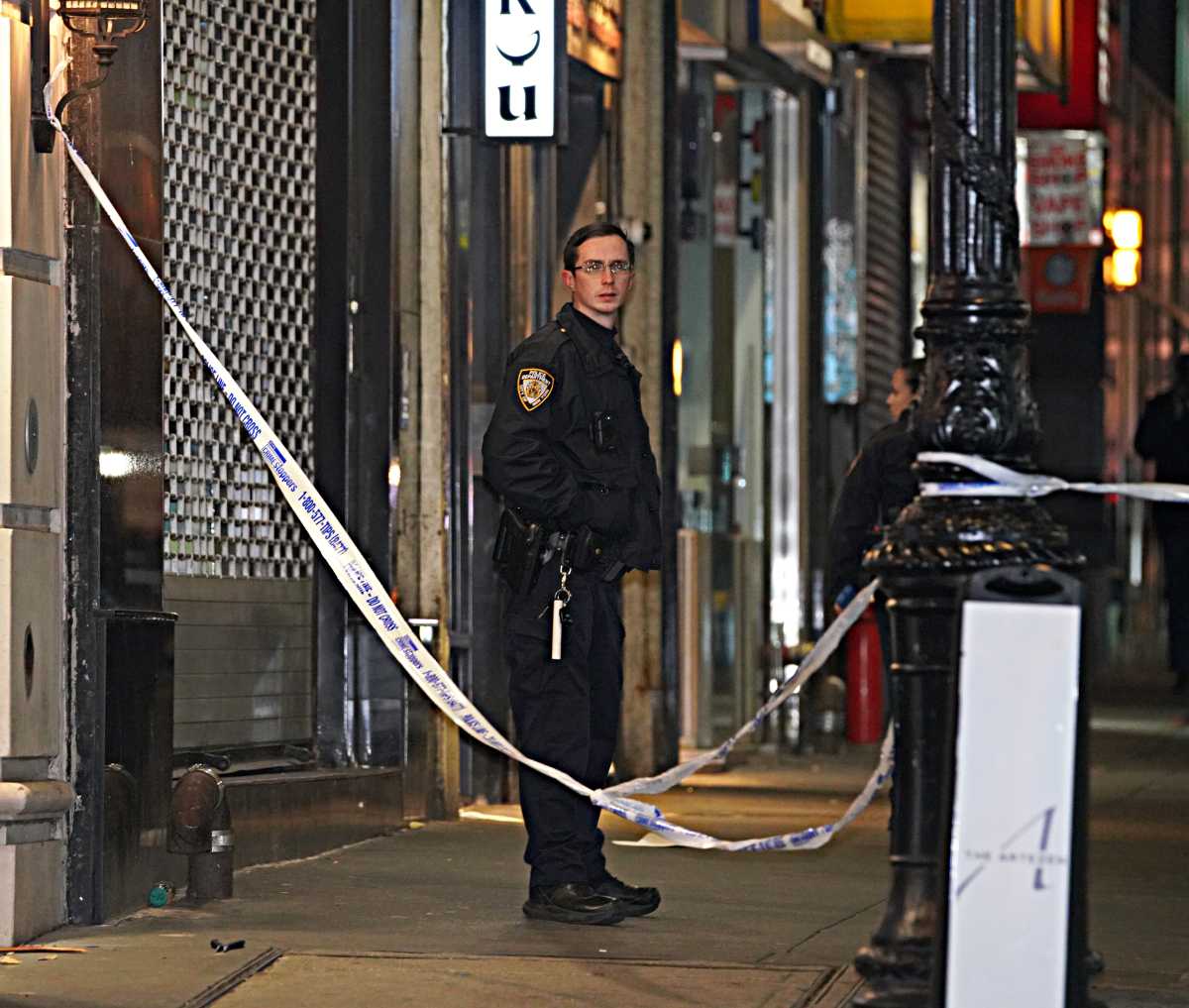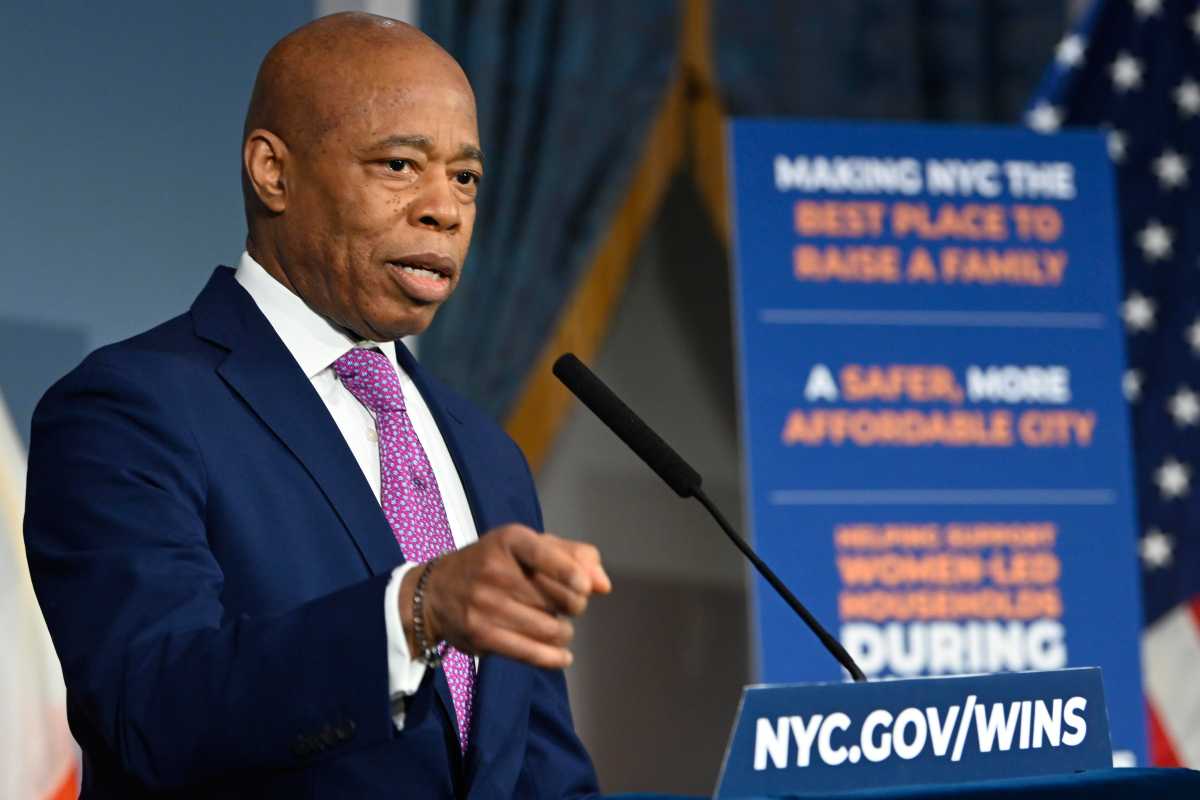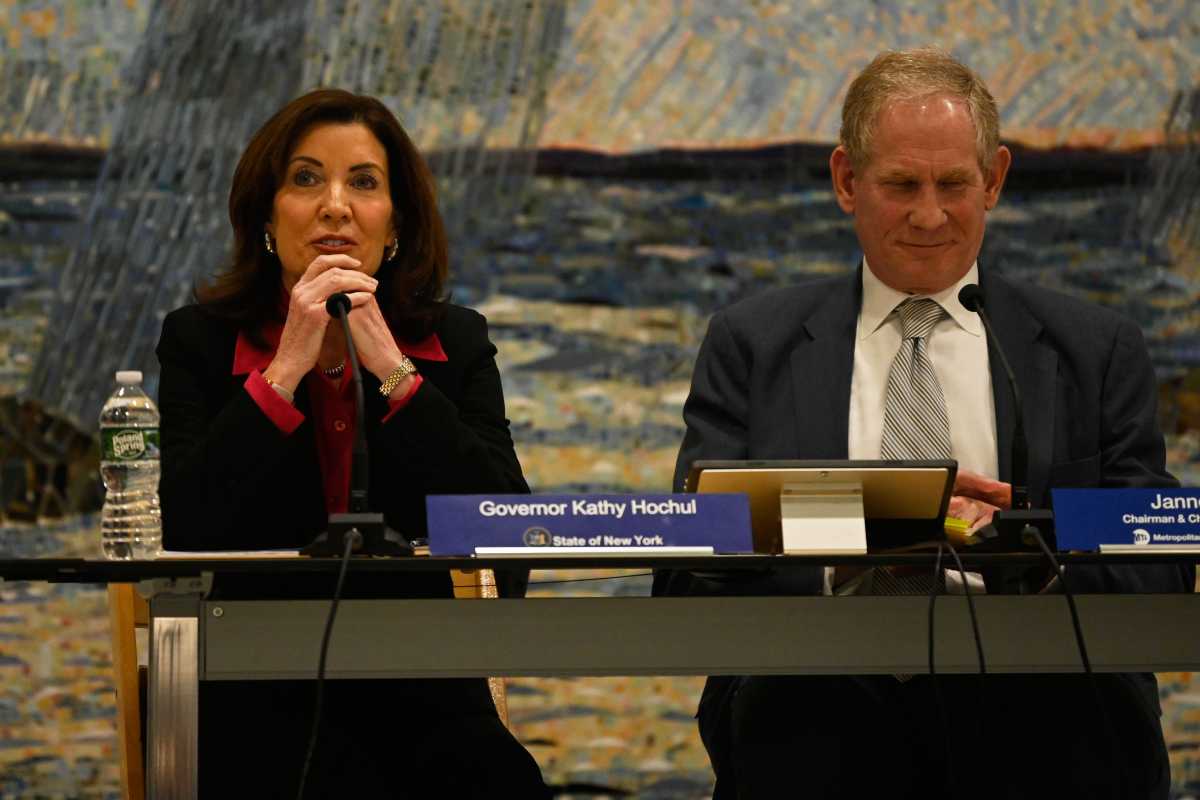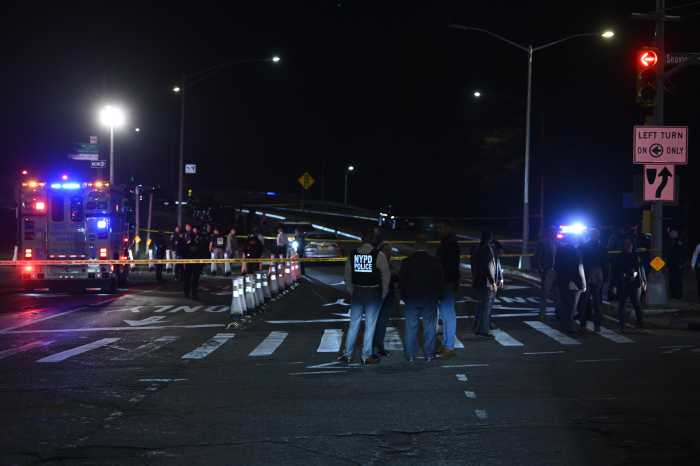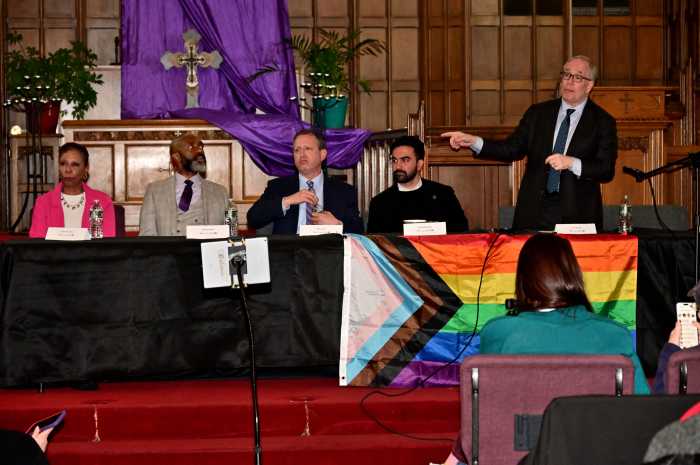Parkchester, Bronx native Roya Marsh stumbled into her slam poetry career in 2011. Marsh, a student at the time, was a juvenile poet still developing her cadence at infrequent trips to open mics in college. Marsh’s July date night outing to the Lower East Side’s Nexus Lounge was one such trip, she thought. So when famed slam host Nathan Pearson told the young Marsh, outfitted with rhyming verses fit for an open mic, that her pieces weren’t suited for the slam stage, Marsh scrambled.
Marsh, unschooled in the slam style and surrounded by frequent slammers, relinquished her rhyming verses opting for a pre-written experimental piece titled “Somewhere Over the Rainbow.” Against the exposed brick of the Nexus Lounge, Marsh performed a reworking of the original ballad by Harold Arlen and Yip Harburg. Instead of the Dorothian desire for a land of opportunity though, Marsh’s four-minute piece was an indictment of the police brutality of the late aughts and early 2010s. Dorothy’s privilege to dream was too fanciful a freedom for Black boys and girls:
“Somewhere over the rainbow I wonder how many colored boys have considered suicide while continuing on to the ends of their own rainbows. It seems that all our hard work and Black men are invisible to everyone except the police,” Marsh spoke in deftly timed breaths and predetermined crescendos whose formula was known only to her.
Whether it was this secret formula, the content of the piece, or both, the poet doesn’t know, but the impromptu performance led to the slam semifinals and eventually to the poet’s career as nationally recognized slam poet.
Now, more than a decade later, after retiring from the competitive arena of snaps and curated verse well-accoladed (Marsh won the Nuyorican Grand Slam Championship in 2014, competed in the 2014, 2016, and 2017 National Poetry Slam and in the 2015, 2016, and 2017 Woman of the World Poetry Slam, and has performed in 23 states), the Bronx-based poet is writing her sophomore poetry book titled Savings Time to be released in February 2025. The book succeeds her first foray into text form, dayliGht (2020), which recounts the nuances of living in the butch, Black body while coming of age in an America pre-Butch visibility and of widespread police brutality.
But the poet is approaching her sophomore poetry book with different ethics. Instead of self-chronicling—really, boiling down her younger self’s tumultuous relationships into the most essential bits — Marsh is turning her sharp writerly gaze outward, toward the readers that have already come of age. Marsh describes the impetus for her new project as strongly anti-“groove.” That is, Marsh wants to present a lasting argument against digestibility and complacency — said groove — for her readers.
In Savings Time, the now-mature poet draws from her identity as a writer, educator and activist to tackle the commodification of Black anger. She arraigns global activists that are too afraid to act locally and is cynical about media spectacle. She rejects bigotry and plummeting literacy rates as just the nature of things and invites readers to reflect on the Catholic faith that nullified her queerness — all with her signature lush verses and slam career-instilled rhythm (yes, even on the page).
“The poems are speaking to how we are saving ourselves. How we’re working with each other to save our souls, to make it a world where more of us want to live and more of us want to work in and more of us want to share in,” Marsh said.
More than the uncomfortable Thanksgiving dinner topic though Marsh’s anti-groove poetry encourages change. She wants to pose her readers two essential questions as they read: “What kinds of ancestors are we going to be? And how do we move closer to less regret and more reflective thinking and actions that really reflect who we are as individual people?”
Marsh, now a full-time poet, activist, educator, and curriculum builder, is not exempt from the self-inquiry. Though Marsh is about a century away from ancestry status, she is converging on a positive self-historicization with Savings Time. The poems are not just proof of existence for Marsh, they’re also a testament to the fact that a Bronx-based, Black, queer poet has the audacity to write politically and forcefully in America. Of her legacy after Savings Time, Marsh tells me in her distinct cadenced speech: “I hope [the poems] are going to be pushing the conversation forward, pushing the narrative forward about who we can be from the Bronx, who we can be when we’re queer, who we can be when we’re Black. There is no monolith for these identifiers.”
For Marsh, a future ancestor born of ancestors whose pens and paper were wrested from their hands, Savings Time is the greatest legacy.
For more coverage, follow us on Twitter, Facebook and Instagram @bronxtimes

